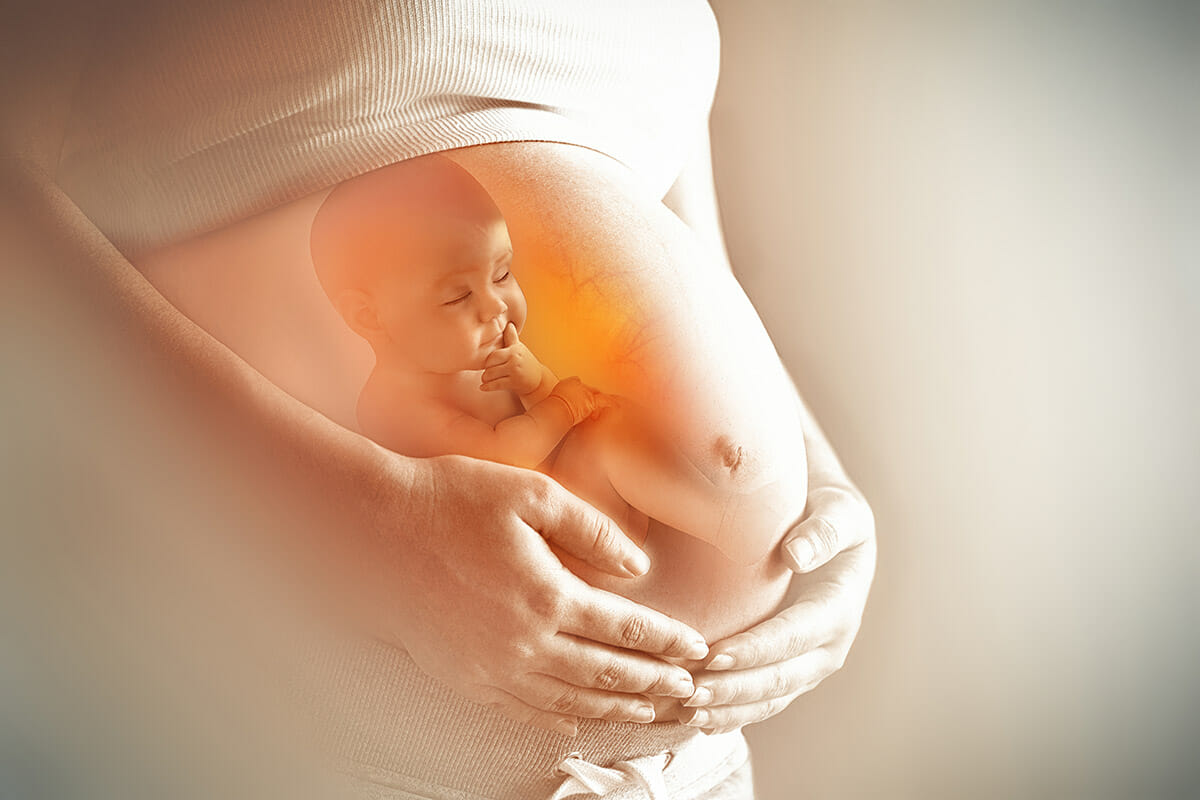
Mother’s chronic prenatal psychological distress and elevated hair cortisol concentrations are associated with gut microbiota composition of the infant, according to a new publication from the FinnBrain research project of the University of Turku, Finland. The results help to better understand how prenatal stress can be connected to infant growth and development. The study has been published in the Psychoneuroendocrinology journal.
Prenatal stress can be associated with infant growth and development. However, the mechanisms underlying this association are not yet fully understood.
“We were able to show that maternal chronic psychological distress and elevated hair cortisol concentrations during pregnancy are associated with infant gut microbiota composition but not diversity,” says Doctoral Candidate, Doctor Anna Aatsinki.
The study used hair cortisol analysis which enabled measuring the concentration averages of stress hormone cortisol over several months. In addition, the symptoms of the mother were assessed three times during pregnancy. The infant gut microbiota was analysed early at the age of 2.5 months with next generation sequencing.
Previously, similar studies have focused on animals and two have been smaller human studies making this data consisting of 399 mothers and their infants the largest in the world so far. The received results provide significant new information on the phenomenon. In addition, this study was able to confirm previously made observations.